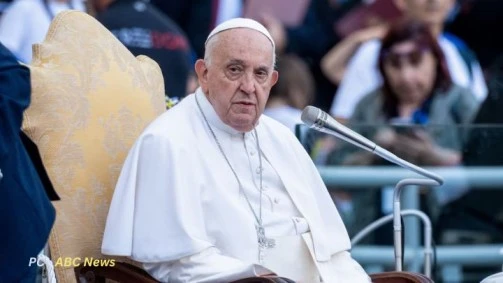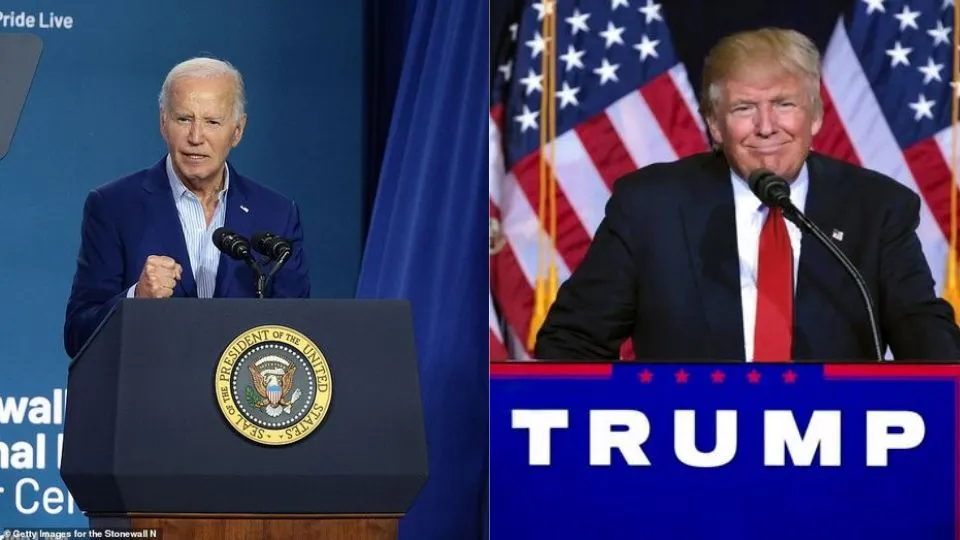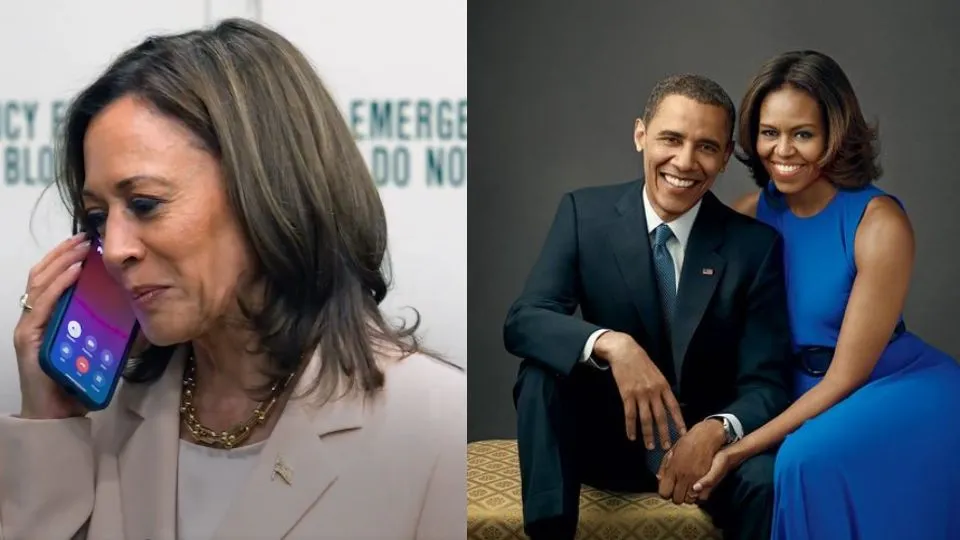Pope Francis has issued an apology for using a derogatory term referring to gay men during a closed-door meeting among bishops earlier this month. The Director of the Vatican press office Matteo Bruni “The pope never intended to offend or express himself in homophobic terms, and he has apologized to those who felt offended by the use of the term”.
There was a meeting which was held last week, with Italian Bishops on whether to admit gay men to Catholic seminaries in preparation for the priesthood. The Italian media disclosed that in the meeting Pope Francis opposed the idea saying, there was already too much “frociggine”, in seminaries.
Also read- https://newsstreetasia.com/nasa-warns-of-asteroid-on-earth-collision/
What is “Frociggine” ?
The term Frociggine, which Pope Francis reportedly used to refer to a gay man, is an f-pejorative in the Italian language. The word means a bundle of sticks was used in the 19th century to describe the older woman who gathered firewood, it has since then taken on negative connotations to describe gay men.
What does the Catholic church teaching say about LGBTQ?
The Catholic church’s official teaching on the matter is that homosexuality is intrinsically disordered and that sexual activity between people of the same sex is a grave sin. Last year, Francis’s pope issued guidance that allowed persists to bless people in same-sex relationships, although not to bless the relationship itself.
Bruni said on Tuesday, “As Francis stated on many occasions, “There is room for everyone in church”.
Also, read- https://newsstreetasia.com/mob-violence-in-kyrgyzstan-indian-students/
How did the LGBTQ react to the homophobic term?
The LGBTQ catholic group Dignity USA says it was very shocking and they were very sad with the Franic’s original comments.
The Dignity executive director, Marianne Duddy Burke states “My stomach just dropped and it was so disheartening”. Later Burke added that she was very glad Francis apologized but that an apology doesn’t remove the sting of hearing that the pope had used that term.
About Author
This Article has been written by Ms Vijaya Pramodini SK, an aspiring journalist, who is currently dedicated to her studies in Journalism and communication. With a keen eye for authenticity, she strives to uncover and present the real facts, embodying the principles of ethical journalism.











